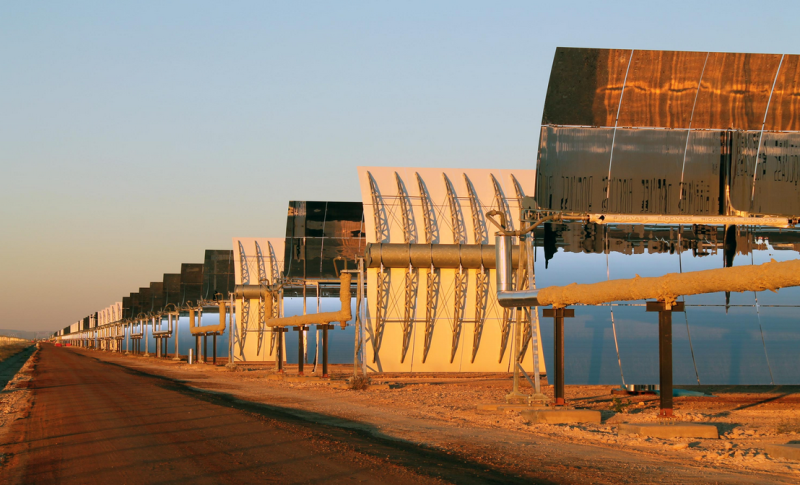The Biden administration is hoping to influence multilateral development bank (MDB) lending toward renewable energy projects and away from fossil fuels, aiming to wean developing nations off cheap coal, oil, and natural gas by making renewable energy sources more affordable.
In addressing this week’s virtual “Leaders Summit on Climate” organized by the Biden team, the president called for an end to fossil fuel subsidies and said the White House is directing the Treasury Department to develop new criteria governing US voting on fossil fuel energy projects up for funding MDBs.
Banks targeted include the African Development Bank, the Asian Infrastructure Investment Bank, Islamic Development Bank, the International Monetary Fund, and the World Bank.
Under what the administration refers to as a “first ever international climate financing plan,” the US Agency for International Development (USAID) is tasked with preparing a new climate strategy to help countries "transition away from fossil fuels and [improve] the integrity of the renewable energy supply chain," according to a White House statement.
The November deadline given for USAID to unveil the plan is timed to coincide with the upcoming United Nations COP26 climate meeting.
In a statement made at the virtual summit, Biden pledged to double by 2024 the US share of public climate financing to developing countries relative to the average level the White House gave during the second half of the Obama-Biden administration. He also pledged to triple the funding for adaptation by the same period.
The funds, however, are part of the administration’s fiscal year 2022 budget request and require congressional approval. The White House is asking Congress to agree to provide $1.2 billion for the Green Climate Fund (GCF), $485 million for other multilateral activities, and $100 million for adaptation, Treasury Secretary Janet Yellen told the summit.
Created under the 2015 Paris Agreement, the GCF is intended to assist developing countries reduce greenhouse-gas emissions and adapt to the effects of climate change.
At the summit, to which 40 world leaders were invited by the White House, South Korea President Moon Jae-In said the country would stop funding coal-fired power projects abroad and would no longer issue permits for domestic coal-fired power plants.


